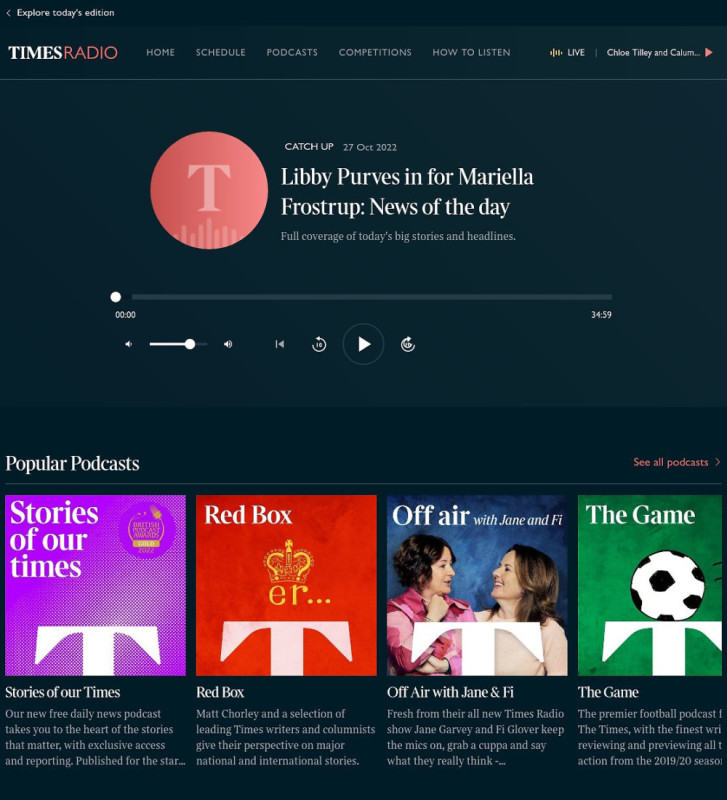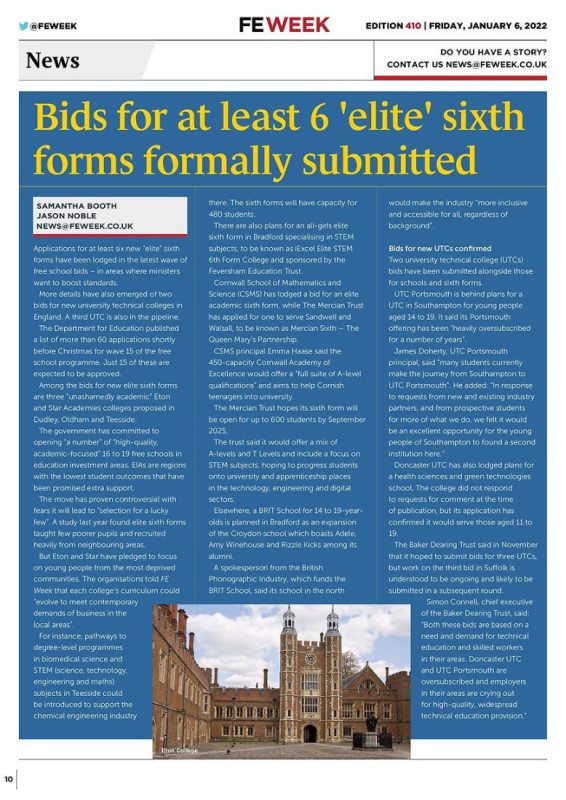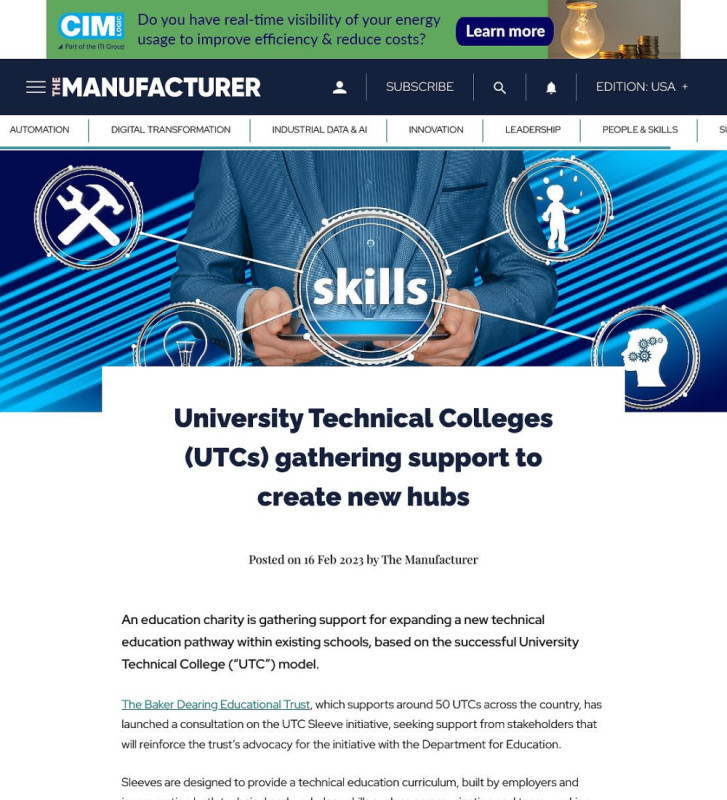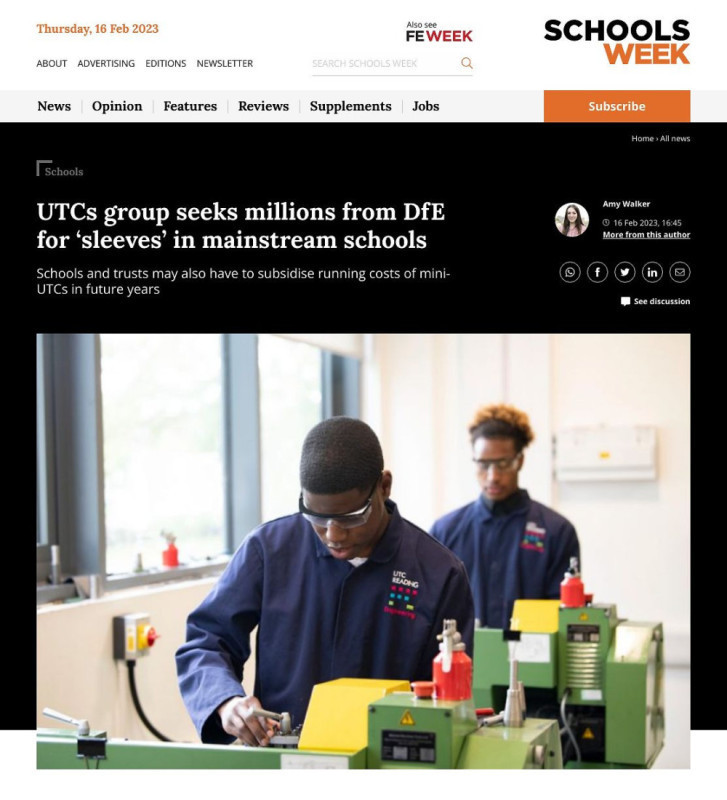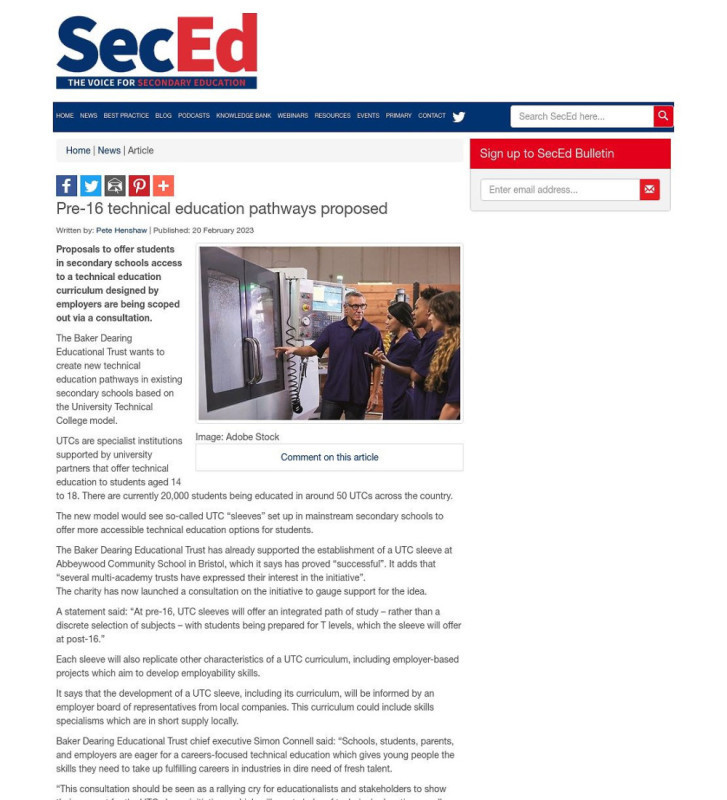Since the coalition government introduced them in 2010 under the free schools programme, 58 UTCS have opened. 11 have subsequently closed, and four have moved away from the UTC model.
Since their introduction, the overwhelming majority of UTCs have flourished, forging partnerships with local businesses and universities while delivering pioneering career-focused education to their students.
However, some UTCs faced challenges recruiting and retaining students in their infancy, partly due to the non-traditional entry points and competition with other types of schools. In some instances, this led to some facing financial difficulty, while others struggled to meet the Trust's expected standards. Combined, these factors led to the closure of UTCs the network saw, particularly in its infancy.
The UTC network has demonstrated significant progress since these closures. UTC aggregate enrolment rose 8 percent to 18,736 students in 2022. Meanwhile, recent Ofsted data shows 78 percent of the colleges are rated 'good' or 'outstanding', with none 'inadequate'. Historic coverage, particularly in the sector press, was dominated by these failings.
Bridgehead Education was retained by the Baker Dearing Educational Trust to showcase to the sector and potential business and university partners a more accurate representation of where UTCs are now and the value they have to offer to students, employers and universities.
Another objective was to promote 'UTC Sleeves'. The model involves a secondary school offering the technical education curriculum, including T Levels, used in UTCs alongside their usual academic pathway, developed with the help of an employer board. Students would enter the sleeve at age 14 and leave at 19, like a normal UTC.
Lastly, we were also retained to provide crisis and reputation management support to the UTC network as a whole, which resulted in us coordinating the media response surrounding the ultimate closure of Watford UTC.

